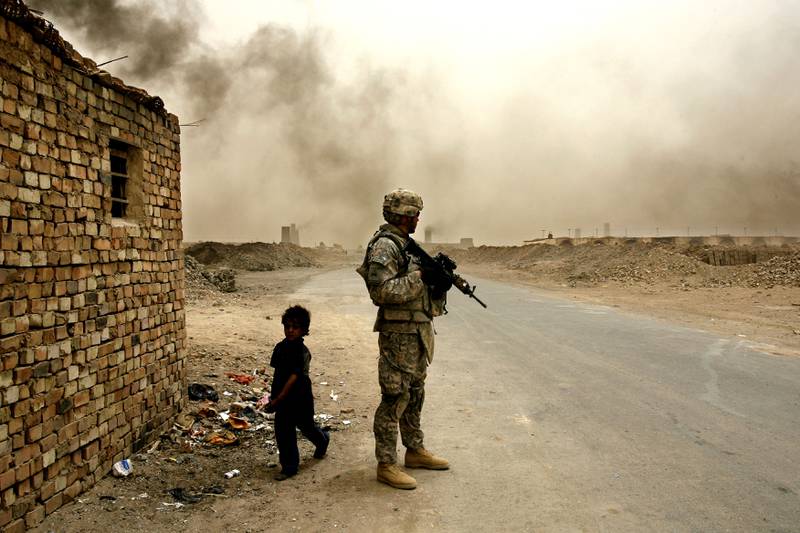
It may be hasty to assume that a nuclear deal between the US and Iran will mean that America will abandon its allies in the Middle East, especially in the Arab Gulf States.
 It is plausible that the Biden administration would repeat the policies of former US President Barack Obama, given its determination to revive the nuclear deal. But a key difference may lie in US relations with the Arab Gulf states, which were strained by Mr Obama’s disregard for traditional alliances with major Arab powers led by Egypt.
It is plausible that the Biden administration would repeat the policies of former US President Barack Obama, given its determination to revive the nuclear deal. But a key difference may lie in US relations with the Arab Gulf states, which were strained by Mr Obama’s disregard for traditional alliances with major Arab powers led by Egypt.
With the ascendancy of the China-Russia-Iran axis that is now co-ordinating in an unprecedented manner in a strategic region overlooking vital waterways, it is not logical for the Biden administration to burn its bridges in the Arab world, despite its desire to pivot east to focus on the threat to its interests in China.
Afghanistan has also shown Americans the benefits of the strategic partnership with states such as Saudi Arabia, the UAE, Qatar, Kuwait, Oman, and Bahrain – the GCC six member states. Most of these countries eagerly and professionally helped in the evacuation of Americans from Kabul airport. They were friends in a time of need. On the other hand, China, Iran, Russia, along with terror groups like Al Qaeda and ISIS, share a deep animus towards the US. These players are repositioning themselves in the Middle East, North Africa and the Gulf to fill the vacuum left behind by US withdrawals.
